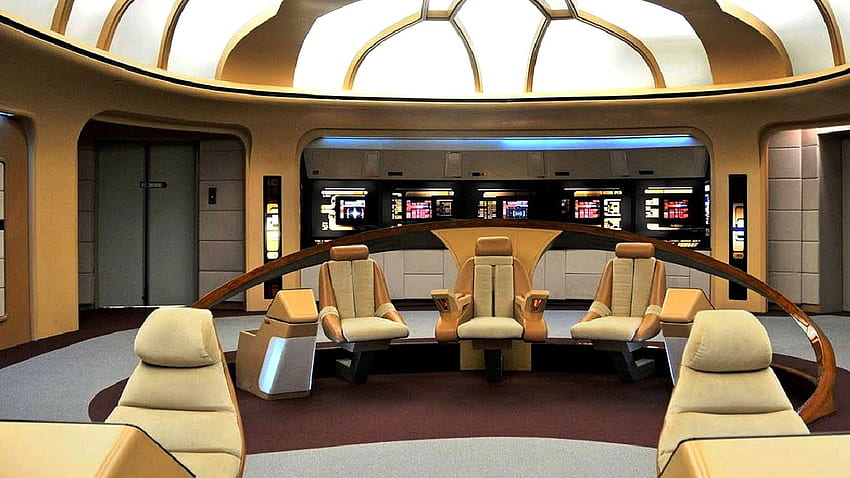The Picard Maneuver
Also The_Picard_Maneuver@lemmy.world
- 717 Posts
- 1.03K Comments

 343·20 days ago
343·20 days ago

 8·8 months ago
8·8 months agoUsually, but I love the optimistic fanfare of the TNG intro, and it has a habit of drawing me in.

 21·9 months ago
21·9 months agoWholesome

 2·1 year ago
2·1 year agoShe’s adorable!

 81·1 year ago
81·1 year agoThey weren’t boy scouts as kids.
tugh pomlIj ngeH!

 8·1 year ago
8·1 year agoI depends on how much you’re willing to put down.
This is a quality shower thought.

 5·1 year ago
5·1 year agoImpressively enough, my algorithm seems to automatically filter out all the videos that my toddler watches. I never get them recommended, like it knows “hey, this is just a dad playing this for his kid to watch - we don’t need to recommend him Elmo.”
 31·1 year ago
31·1 year ago

 7·1 year ago
7·1 year agoSpace Force makes sense now

 9·1 year ago
9·1 year agoYeah, I’m not going to trust anything in the article, but I have to admit that it was a fun rabbit hole to fall down for a moment.

 14·1 year ago
14·1 year agoYeah, this meme was the first I’ve heard of it, but from some googling, apparently conspiracy forums have been obsessed with this weird “censored” pattern in space since like 6 or 7 years ago. Reading old threads that were using this to predict the end of the world in 2017 while it’s currently 2024 is pretty entertaining.
Found this page that gives an overview: https://themanilafolder.fandom.com/wiki/Red_Dragon

 4·1 year ago
4·1 year agoOh man, I’ve done that plenty of times. He yells a lot, but somehow it’s relaxing.

 15·1 year ago
15·1 year agoThis is why I love TNG so much. Even though TOS is the original that laid the groundwork for everything, TNG took that “boundless optimism” and ran with it. Watching TNG inspires me to continue to self-improve and encourage it in others.

 2·1 year ago
2·1 year agoYeah, there’s a singular implied “universal morality” throughout Star Trek of accepting diversity and learning to not impose on other civilizations or each other on the basis of one’s biological differences or culture, even for Klingons! I’d say the rest is hard to define and subjective, as @ValueSubtracted@startrek.website said above, but post-scarcity and free agency in life to follow your passions has to be pretty close!

 2·1 year ago
2·1 year agoThat’s a good point. I think this contrast between individual (often flawed) human judgment vs collectivist ideals has always been a theme. In TOS, you see Kirk calming McCoy’s knee-jerk reactions almost every episode. In TNG, it was Yar or Worf. In DS9, probably Kira.
Even then, I would say the collectivist ideals (i.e. Starfleet regulations) were more often portrayed as overly-cumbersome in implementation, which leads to someone like Kirk violating the rules in place of the ideals that they stand for. For example, how many naïve (but well-meaning) diplomats do we see in TOS or TNG? However, rules being restrictive or imperfect in an effort to support larger agreed-upon morals can still be trusted, compared to corrupt power structures, which cannot.

 3·1 year ago
3·1 year agoAh damn, sorry about the paywall. It let me hit “continue reading” on mobile, but I know sometimes these types of sites can be inconsistent.

 8·1 year ago
8·1 year agoIt’s just another tired bit about how following orders and perfect institutions are what Star Trek is really about, to hell with any evidence to the contrary.
I’d argue that the theme is less about following orders and more We are all individually flawed and are at our best when we follow our shared values - which is represented by both Starfleet and the utopian setting as a whole.
I can see the argument (for fiction and real life), that as we trust institutions less, our focus becomes more on individual judgement rather than collectivist ideas. It also tracks for me that as this occurs in real life, our media would reflect individualism more and more.

 18·1 year ago
18·1 year agoI’ve admittedly still only watched up through the 90s, but I’d definitely say that DS9 depicted a significantly more “morally gray” version of Starfleet than TOS or TNG.
I think the point the author is making is that the extent to which this idea gets explored is reflective of our society’s growing mistrust of institutions IRL, rather than suggesting the theme has never been explored.


